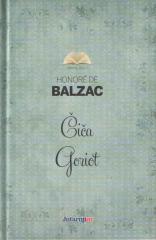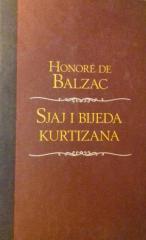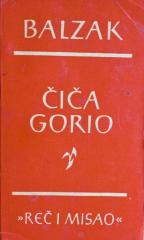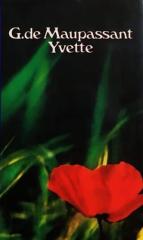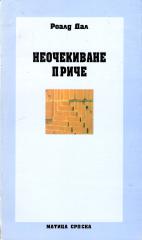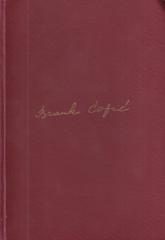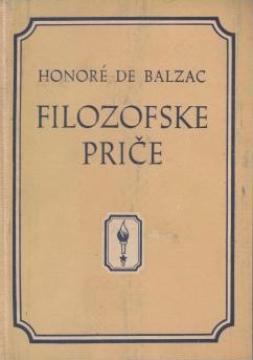
Filozofske priče
Filozofske priče dio su Balzacove "Ljudske komedije", i obuhvaćaju četiri priče – Šangrinska koža, Eliksir dugog života, Nepoznato remek-djelo i Melmoth pokajnik – koje istražuju filozofske, moralne i metafizičke teme kroz složene likove i simbolizam.
Ove priče spajaju Balzacovu sposobnost za realističan prikaz ljudske prirode s metafizičkim pitanjima o želji, umjetnosti, smrtnosti i moralu. Njegov stil je bogat, simboličan i duboko introspektivan, čineći ove priče bezvremenskim istraživanjem ljudskog stanja.
Šangrinska koža: Mladi Raphael de Valentin, očajan i siromašan, dobiva čarobnu šangrensku kožu koja ispunjava svaku želju, ali smanjuje njegov životni vijek. Balzac istražuje pohlepu, moć želje i cijenu materijalizma. Raphaelova opsesija bogatstvom i užicima vodi ga do tragičnog kraja, gdje shvaća da pravo zadovoljstvo leži izvan materijalnog.
Eliksir dugog života: Priča se bavi don Juanom, koji pokušava prevariti smrt koristeći eliksir koji mu je ostavio otac, alkemičar. No, eliksir djeluje samo djelomično, oživljavajući samo dijelove tijela, što dovodi do grotesknog raspleta. Balzac ovdje propituje ljudsku opsesiju besmrtnošću i granice znanosti.
Nepoznato remek-djelo: Slikar Frenhofer godinama radi na savršenoj slici, ali njegova opsesija savršenstvom dovodi do uništenja djela. Kroz priču, Balzac istražuje umjetničku strast, iluziju savršenstva i sukob između stvarnosti i ideala. Frenhoferova slika, nevidljiva drugima, simbolizira nemogućnost ostvarenja apsolutne vizije.
Melmoth pokajnik: Inspirirana Maturinovim romanom, priča prati Melmotha, čovjeka koji je sklopio pakt s đavlom za vječni život, ali traži nekoga tko će preuzeti njegov teret. Susreće Castaniera, bankara koji se suočava s moralnim dilemama. Balzac ovdje propituje iskušenje, grijeh i mogućnost iskupljenja.
Es werden zwei Exemplare angeboten
